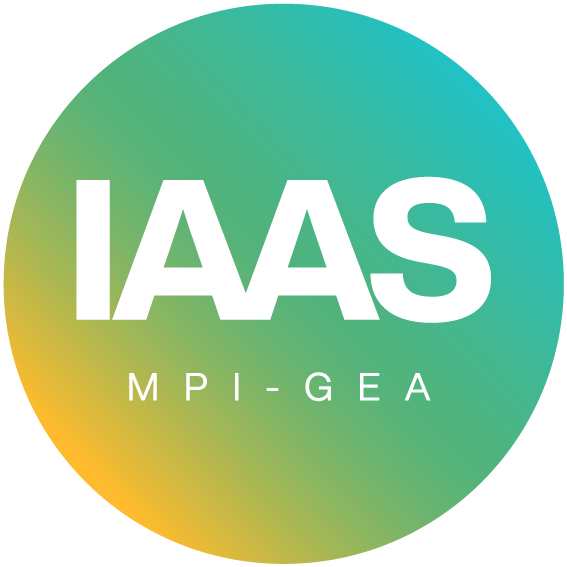Plant wax biomarkers are an innovative proxy for reconstructing vegetation composition and structure, rainfall intensity, temperature, and other climatic and environmental dynamics. Traditionally used in earth sciences and climate studies from “off-site” ocean and lake records, biomarker research is now incorporated in archeology and paleoanthropology to answer questions relating to past human-environment interactions and human evolution. A proxy for understanding past vegetation change and paleohydrology, plant wax biomarkers are also exceptional tools for reconstructing plant landscape variability at high taxonomic resolution, especially when combined with pollen or phytolith analyses. The most common plant wax biomarkers assessed are long, straight-chain normal (n-) alkanes, n-alkanoic acids, and to a lesser extent, n-alkanols with between 24 and 36 carbon atoms.
Both the Stable Isotope and Biochemistry laboratories at MPI-GEA are fully equipped for wet chemistry and dry sample preparation for the extraction of lipid biomarkers for compound specific isotope analyses. This includes like plant waxes, but also faecal sterols and stanols and bile acid, amino acids, and fatty acids. Our labs are committed to the development of programmes for paleoenvironmental sampling of long-term terrestrial sequences directly on site at archaeological locations utilizing novel biogeochemical methods to provide detailed insight into vegetation, precipitation, and climatological history as well as the relationships between environmental processes, cultural change, and human evolution.
In this video, Dr. Robert Patalano provides an overview of plant wax biomarkers in archaeology, the separation and purification of organic compounds, and introduces both gas chromatography mass spectrometry and isotope ratio mass spectrometry. This video also briefly explores carbon and hydrogen isotopes used to study changes in past plant ecology and hydroclimate and the ways humans may have responded both morphologically and technologically to these changes in the past.



